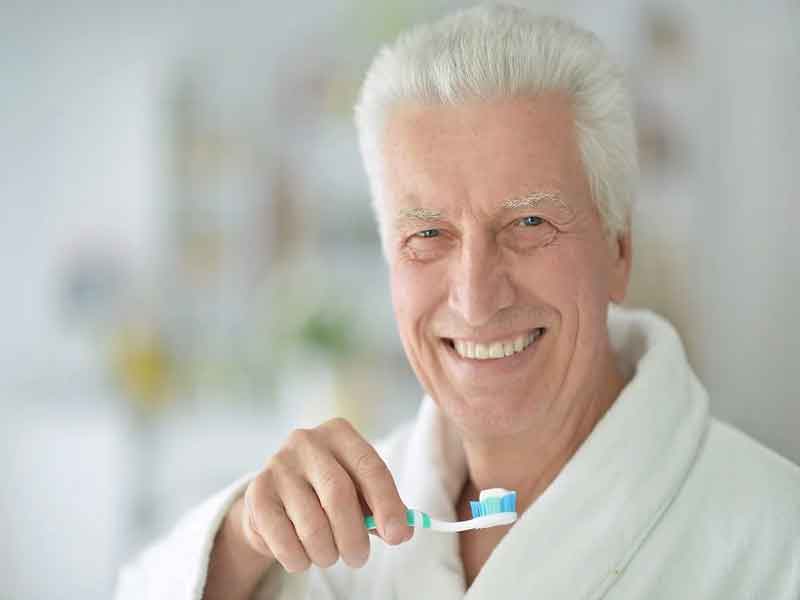Senior Oral Health: Navigating the Unique Challenges of Aging Teeth and Gums

As we age, our oral health needs evolve, presenting seniors with a distinct set of challenges that require specialized care and attention. From age-related dental issues to the importance of tailored dental care, understanding the unique oral health needs of older adults is crucial in promoting overall well-being and quality of life.
One of the primary oral health concerns for seniors is the increased risk of tooth decay and gum disease. Factors such as reduced saliva production, medications that cause dry mouth, and age-related changes in oral tissues can contribute to these conditions. Additionally, conditions such as arthritis or cognitive impairment may make it difficult for seniors to properly brush and floss their teeth, further exacerbating oral health problems.
Furthermore, older adults are more susceptible to oral infections, including oral thrush and periodontal disease, which can have serious consequences if left untreated. These infections not only impact oral health but can also affect systemic health, increasing the risk of conditions such as heart disease and diabetes.
Regular dental check-ups become even more critical for seniors, as early detection and treatment of dental issues can prevent more significant problems down the line. Dentists specializing in geriatric dentistry understand the unique needs of older adults and can provide tailored treatment plans to address their specific concerns.
In addition to professional dental care, maintaining good oral hygiene habits at home is essential for seniors. Dentists may recommend specialized oral care products, such as soft-bristled toothbrushes and antimicrobial mouth rinses, to help seniors effectively clean their teeth and gums.
Furthermore, maintaining a balanced diet rich in calcium, vitamins, and minerals is essential for supporting oral health in seniors. Adequate nutrition promotes healthy teeth and gums, while also supporting overall health and well-being.
In conclusion, senior oral health requires specialized care to address the unique challenges associated with aging teeth and gums. By prioritizing regular dental check-ups, practicing good oral hygiene habits, and adopting a healthy lifestyle, seniors can maintain optimal oral health well into their golden years, enhancing their overall quality of life.
